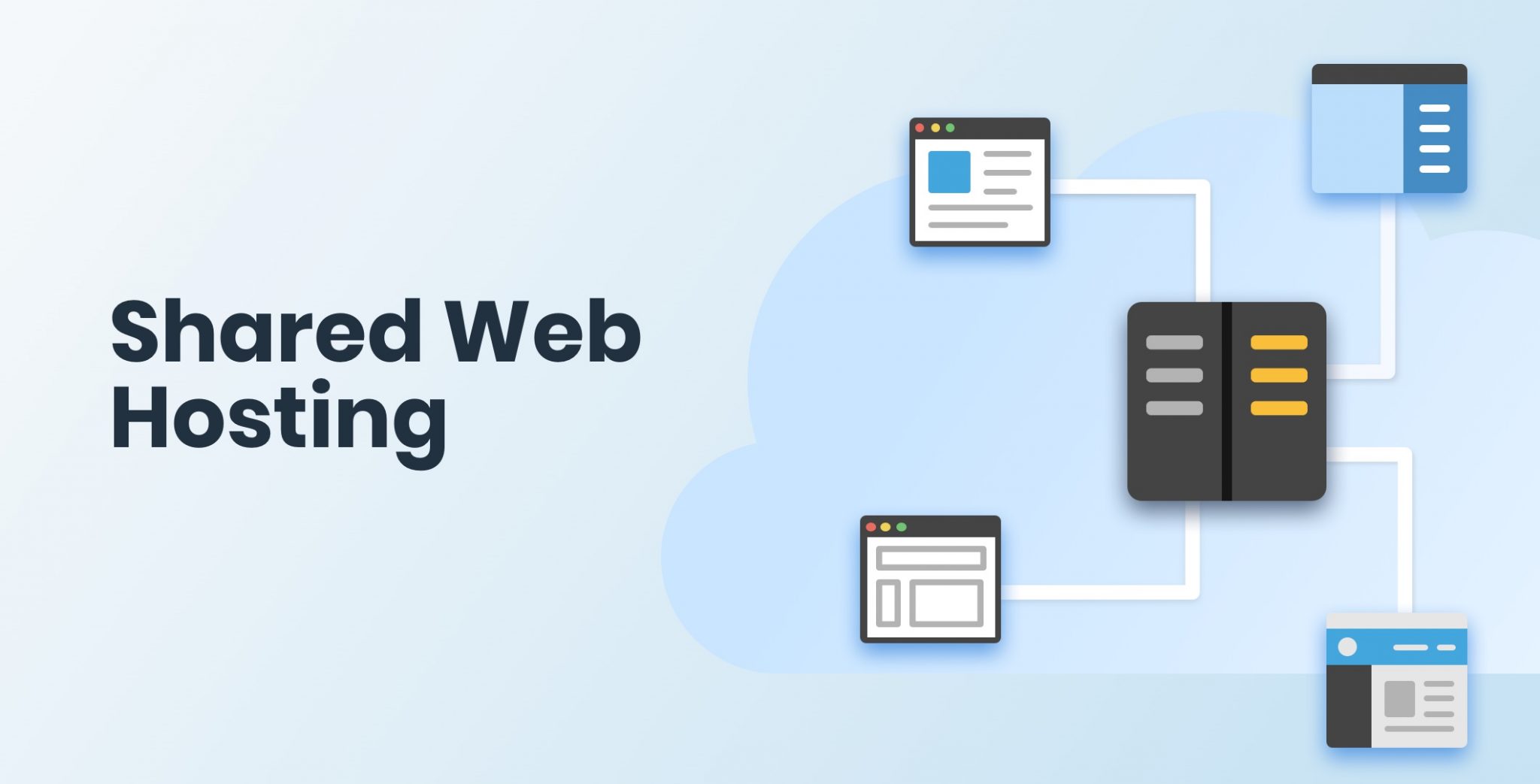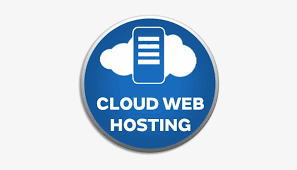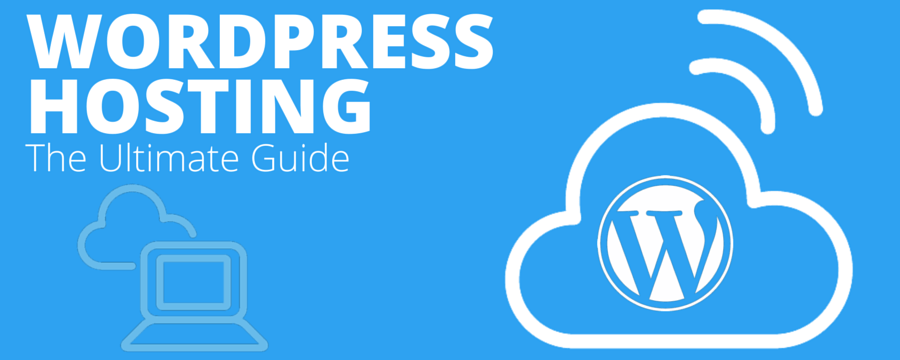
Web hosting is a web service that allows you to publish your website or web application on the web. once you join up for a hosting service, you basically rent some space on a server on which you’ll store all the files and data necessary for your website to figure properly.
A server could be a physical computer that runs with none interruption so your website is out there all the time for anyone who wants to determine it. Your web host is to blame for keeping the server up and running, protecting it from malicious attacks, and transferring your content (text, images, files) from the server to your visitors’ browsers.
We will learn in this chapt :
Most people never really give some thought to where an internet site is, or maybe what an internet site is. I activate my computer, open a browser, and move to Google or Amazon or Yahoo.
But what am I doing once I “visit” a website? If I’m a visitor, where have I gone? And if it’s a “site,” where is it located.
Skip this chapter if… You have used web hosting before and have a good understanding of what a website is and how they work.
How Web Hosting Works

When you conceive to start a new website, you wish to seek out a hosting company that gives you with the server space. Your web host stores all of your files, assets, and databases on the server. Whenever someone types your name into the address bar of their browser, your host transfers all the files necessary to serve the request.
You need to settle on a hosting plan that most closely fits your needs and get it. In fact, web hosting works similarly to housing rentals, you’ve got to pay the rent regularly so as to stay the server running continuously.
To reduce risks, each CloudHostWeb plan comes with a 30-day money-back guarantee so you’ll see if our service really fits your needs. Moreover, you’ll start with our budget-friendly survival plan we designed specifically for smaller projects. When your website grows and you wish more server space, you’ll advance to at least one of our more advanced plans with none wait.
In fact, you don’t even need any programming knowledge to perform regular site management tasks. Hosting accounts include a graphical interface where you’ll manage every aspect of your website. as an example, you’ll upload HTML and other files to the server, install content management systems like WordPress, access your database, and build backups for your site.
Although the cPanel hosting platform employed by most web hosts may be a powerful tool, it will be intimidating for non-technical users who just want to induce a site up and running quickly. Therefore, our team decided to make a custom board for our users. we will proudly say that Cloudhostweb’s board includes a beautiful and intuitive interface you may understand at once—even if it’s your first time with web hosting. Our customers already adore it, because it helps them manage all aspects of their hosting account confidently and ease.
Besides providing server space for your website, hosting providers may also offer other services related to website management, such as:
- SSL certificates (for secure sites using the https:// protocol)
- Email hosting
- Page builders
- Developer tools
- Customer support service (frequently with live chat)
- Automated website backups
- One-click software installs (e.g. for WordPress or Drupal)
Different Types of Web Hosting
Most web hosts offer different types of hosting so that they can serve the needs of different clients. The most frequent hosting types are the following:
- Shared Hosting
- VPS Hosting
- Cloud Hosting
- WordPress Hosting
- Dedicated Server Hosting
The bigger your website is, the more server space you wish. It’s the simplest to begin small, with a shared hosting plan and when your site gets bigger, upgrade to a more advanced type of hosting.
Web hosts usually offer over one hosting plan for every type of hosting. as an example here at CloudhostWeb, our shared hosting service comes with three different hosting plans.
Shared Hosting

Shared hosting is that the most common type of web hosting and it’s a wonderful solution for many small businesses and blogs. after you hear the word “web hosting”, the speaker usually refers to shared hosting. With shared hosting, you share a server with other clients of your hosting provider. Websites hosted on the identical server share all its resources like memory, computing power, disk space, and others
Pros:
- Low cost
- Beginner-friendly (no need for specific technical knowledge)
- Pre-configured server
- User-friendly control panel
- Maintenance and server administration are done by the host
Cons:
- Little or no control over server configuration
- Traffic surges on other websites can slow down your site
VPS Hosting

With VPS (Virtual Private Server) hosting, you continue to share a server with other users, however, your web host allocates a separate partition for you on the server. this suggests you get a dedicated server space and a reserved amount of computing power and memory. In fact, VPS hosting will be great for medium-sized businesses with rapidly growing websites.
Pros:
- Dedicated server space (without having to pay for a dedicated server)
- Traffic surges on other websites have no effect on your performance
- Root access to the server
- Easy scalability
- High customizability
Cons:
- More expensive than shared hosting
- Technical and server management knowledge is a must
Cloud Hosting

Cloud hosting is currently the foremost reliable solution on the market, because it comes with literally no downtime. With cloud hosting, your host provides you with a cluster of servers. Your files and resources are replicated on each server. When one amongst the cloud servers is busy or has any problems, your traffic is automatically routed to a different server within the cluster.
Pros:
- Little to no downtime
- Server failures have no effect on your site
- Allocates resources on demand
- Pay as you go pricing (you only pay for what you use)
- More scalable than a VPS
Cons:
- Hard to estimate the costs
- Root access is not always provided
WordPress Hosting

WordPress hosting is a certain kind of shared hosting, created for WordPress site owners. Your server is configured specifically for WordPress and your site comes with pre-installed plugins for crucial things like caching and security. because of the highly optimized configuration, your site loads much faster and runs with fewer problems. WordPress hosting plans frequently include extra WordPress-related features, like pre-designed WordPress themes, drag-and-drop page builders, and specific developer tools.
Pros:
- Low cost (frequently available at the same cost as regular shared hosting)
- Beginner-friendly
- One-click WordPress installation
- Good performance for WordPress sites
- Customer support team trained in WordPress issues
- Pre-installed WordPress plugins and themes
Cons:
- Recommended only for WordPress sites (this can be an issue if you want to host more than one websites on your server and not all of them use WordPress)
Dedicated Hosting

Dedicated hosting means you have got your own physical server that’s dedicated solely to your site. Therefore, dedicated hosting gives you incredible flexibility. you’ll configure your server as you want, choose the software package and software you would like to use, and founded the entire hosting environment per your own needs.
In fact, renting a dedicated server is simply as powerful as owning your own on-site server, but comes with the professional support of your web host.
Pros:
- Full control over server configuration
- High reliability (you don’t share the resources of your server with anyone)
- Root access to your server
- High security
Cons:
- High cost
- Technical and server management knowledge is a must
So, What Is Web Hosting?
Overall, web hosting is that the service you wish if you want to publish a web site and build an internet presence. In fact, having a web site gives you incredible advantages by enabling you to simply reach millions of users worldwide.
A good web host empowers you to seamlessly serve your content on the net, provide your visitors with excellent user experience, and attract as many users as possible to your website.
Now, you know everything about web hosting and are able to start with a brand new website!